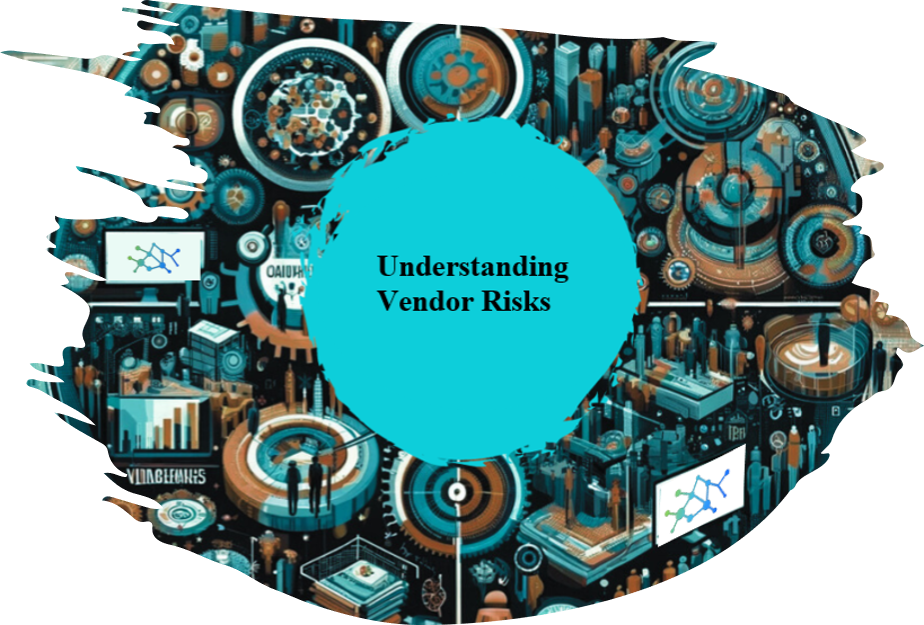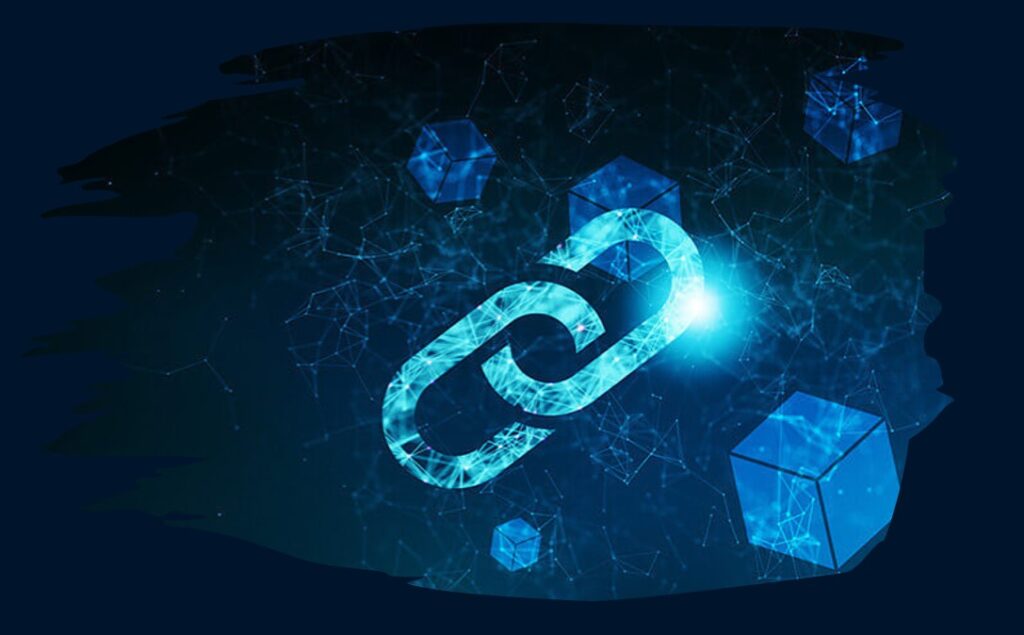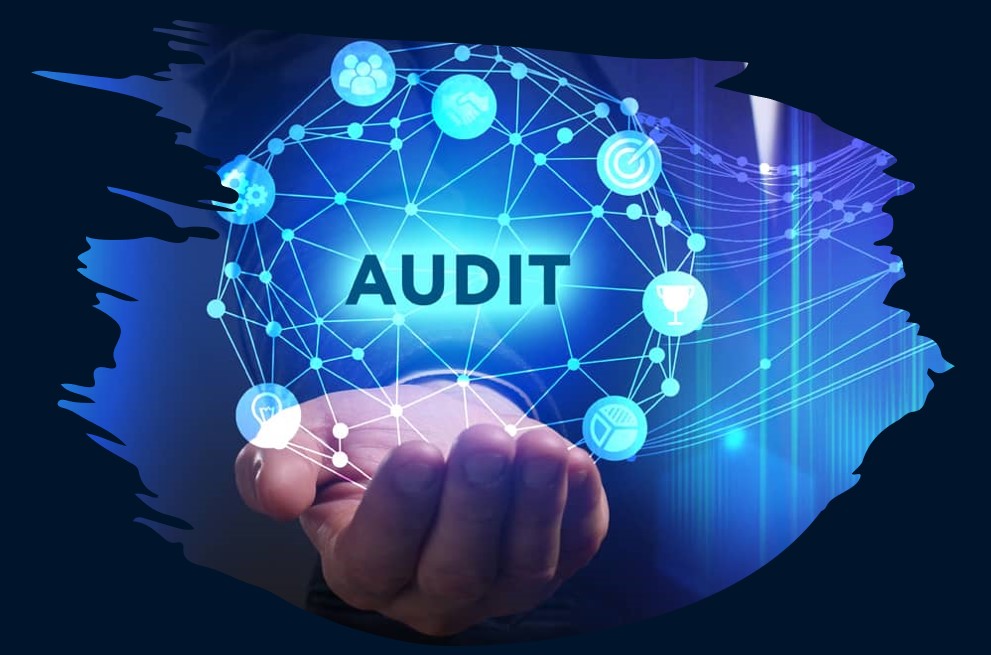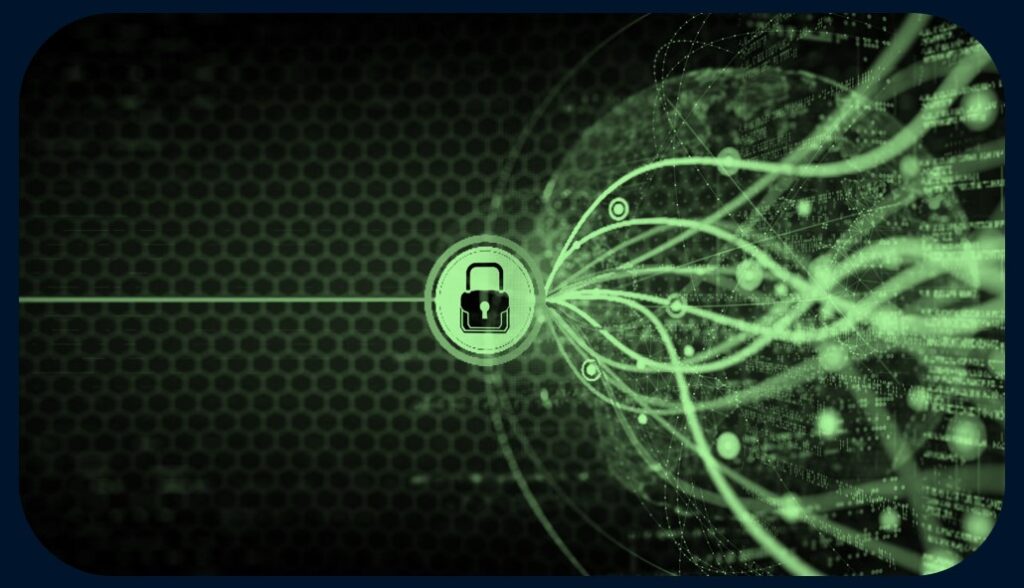Could Your Business Be at Risk from a Vendor? What You Need to Know Now!
June 3, 2025

If you’re running a business, you probably already know that managing vendors is a key part of your daily operations. From software providers to contractors and suppliers, third-party vendors are integral to keeping things running smoothly. However, what you might not realize is that these very vendors could be exposing your business to serious cybersecurity risks. In fact, a vendor-related breach could be one of the most dangerous threats to your company’s data, finances, and reputation.
In this article, we’ll walk you through the risks associated with vendors, how to identify and assess those risks, and the best steps to protect your business. Plus, we’ll explain how Cocha Technology, with its expertise in IT consulting, can help you safeguard your business from these threats.
Understanding Vendor Risks: What Could Go Wrong?
When you work with third-party vendors, you’re essentially opening a door to your company’s systems and data. While this is necessary for smooth operations, it can also create serious vulnerabilities if not managed properly.
Vendor Access to Sensitive Data
Vendors often require access to your company’s systems, financial data, and customer information to provide services. While most vendors have good intentions, giving them access to this sensitive data can increase the risk of a breach. If a vendor’s security isn’t up to snuff, that could be the opening cybercriminals need to infiltrate your business.
Imagine a situation where your payroll provider has access to employee data, but their system is compromised. A hacker could use that access to get to your company’s internal systems, resulting in potential data leaks, fraud, and financial damage.
Third-Party Breaches Can Impact You
It’s important to realize that a breach at one of your vendors could lead to a domino effect. Take the Target breach as an example. Hackers infiltrated Target’s systems through a third-party vendor (its HVAC contractor). Once the vendor’s network was compromised, the hackers were able to access Target’s systems and steal credit card information from millions of customers.
When a third-party vendor is compromised, your business can quickly become a victim by association. These types of breaches happen more often than you might think, and without the proper controls in place, you might be caught in the crossfire.
Shared Network Vulnerabilities
Many businesses rely on shared networks, especially when using cloud services. If a vendor’s network is compromised, it might affect your business too. Shared servers and cloud platforms increase the complexity of your cybersecurity posture because a vulnerability in one vendor’s system could easily spill over into yours.
Without proper isolation and segmentation, your sensitive data could be exposed due to another company’s security missteps.

Types of Vendor Risks Your Business Faces
Vendors can create different kinds of risks, depending on the level of access they have and the services they provide. Below are some of the most common vendor-related cybersecurity risks businesses face.
Security and Compliance Failures
One of the top risks with vendors is that they may not meet the same security standards or compliance regulations your business adheres to. If a vendor isn’t meeting required compliance standards (such as GDPR or HIPAA), you could be at risk for fines, legal issues, or even losing customer trust.
Cocha Technology can help you assess vendors’ compliance and ensure they follow best practices in data security, preventing these risks from becoming your responsibility.
Supply Chain Cyberattacks
A supply chain cyberattack occurs when an attacker targets your vendor in order to gain access to your business’s data or network. These types of attacks are on the rise, and they’re particularly hard to defend against because they exploit trusted relationships.
For example, if your software vendor is attacked, it might provide the attacker with access to your internal network through the software they provide. It’s important to understand that even if your business is secure, an attacker can still gain entry if a vendor’s system isn’t properly protected.
Reputation and Trust Risks
Vendor breaches can also have a lasting impact on your reputation. Customers trust you to protect their data, and if one of your vendors experiences a breach, that trust could erode quickly.
Imagine if your customer database was compromised because of a vendor’s security failure. Your clients may begin questioning whether they can trust you with their information in the future. This kind of reputational damage can take years to repair.
Financial Impacts
The financial consequences of a vendor-related security breach can be devastating. Between legal fees, fines, lost business, and recovery costs, a single breach can cost a business millions of dollars. In fact, some companies never fully recover from a major cybersecurity incident.
Cocha Technology can help you prepare by putting a financial risk assessment in place, which includes evaluating the costs associated with potential vendor breaches and preparing your business for the worst-case scenario.

How to Assess Vendor Risk: Steps You Can Take Today
Now that you understand the risks vendors pose, let’s talk about how to assess and manage them to protect your business.
- Perform a Comprehensive Risk Assessment
Before engaging with any new vendor, it’s essential to perform a detailed risk assessment. This includes reviewing the vendor’s security practices, past breach history, and the type of access they will have to your business’s systems and data.
Cocha Technology can help you set up a vendor risk management framework, which will ensure that every vendor you work with is thoroughly vetted and meets your security requirements.
- Verify Vendor Security Practices and Certifications
One of the best ways to ensure your vendors are taking cybersecurity seriously is to check their security certifications. Look for certifications such as ISO 27001, SOC 2, or PCI-DSS. These certifications are a sign that the vendor follows industry best practices for data protection.
Cocha Technology can assist in verifying your vendor’s security credentials and ensuring they comply with the necessary standards.
- Conduct Regular Vendor Audits
Cybersecurity isn’t a one-time check—it requires ongoing monitoring. Regular audits of your vendors’ security practices are essential for ensuring they stay on top of their cybersecurity efforts. During these audits, you should look for any signs of weaknesses or lapses in their security systems.
Cocha Technology offers regular audit services to ensure your vendors maintain the security standards required to keep your business safe.
- Establish Clear Contracts with Security Clauses
When drafting vendor contracts, it’s essential to include clear cybersecurity and data protection clauses. These should outline security protocols, data access policies, and what happens if the vendor fails to meet security requirements.
Cocha Technology can help you create strong contract language that protects your business from vendor-related risks.
- Monitor Vendor Access Continuously
Once a vendor has been approved, it’s important to continuously monitor their access to your systems. Tools like multi-factor authentication (MFA) and access control protocols can limit the risk of unauthorized access.
With Cocha Technology, you can implement real-time monitoring to track vendor activity and ensure that only the necessary parties have access to sensitive information.
How Cocha Technology Can Help
At Cocha Technology, we specialize in helping businesses manage third-party risks by offering comprehensive vendor risk assessments and security solutions. Here’s how we can help:
- Vendor Risk Assessments: Our experts will assess your current and potential vendors to ensure they meet industry security standards and compliance requirements.
- Ongoing Monitoring and Auditing: We provide continuous monitoring and regular audits to ensure your vendors remain secure and compliant.
- Incident Response Plans: In the event of a breach, we’ll help you respond quickly and efficiently, minimizing damage and restoring your operations.
Best Practices for Managing Vendor Relationships
To protect your business, here are a few best practices when working with vendors:
- Implement Strong Security Protocols: Make sure vendors are required to use encryption, secure data transfers, and robust authentication methods.
- Communicate Regularly: Stay in constant communication with vendors to ensure they’re following cybersecurity protocols and reporting any issues.
- Have an Exit Strategy: Always have a plan in place for transitioning away from a vendor if they fail to meet security standards or experience a breach.

Act Now to Secure Your Business
Vendor risk is something that every business should take seriously. A breach at one of your vendors could be catastrophic for your company. However, by taking proactive steps to assess, monitor, and secure your vendor relationships, you can avoid becoming the next victim of a third-party attack.
Cocha Technology is here to help. If you’re unsure whether your vendors are a potential risk to your business, contact us today for a consultation. We’ll help you assess your vendor relationships, implement best practices, and put in place the cybersecurity solutions you need to stay safe.
Don’t wait for a vendor breach to occur—secure your business today with Cocha Technology. safe.
Have Any Question?
Call or email Cocha. We can help with your cybersecurity needs!
- (281) 607-0616
- info@cochatechnology.com



